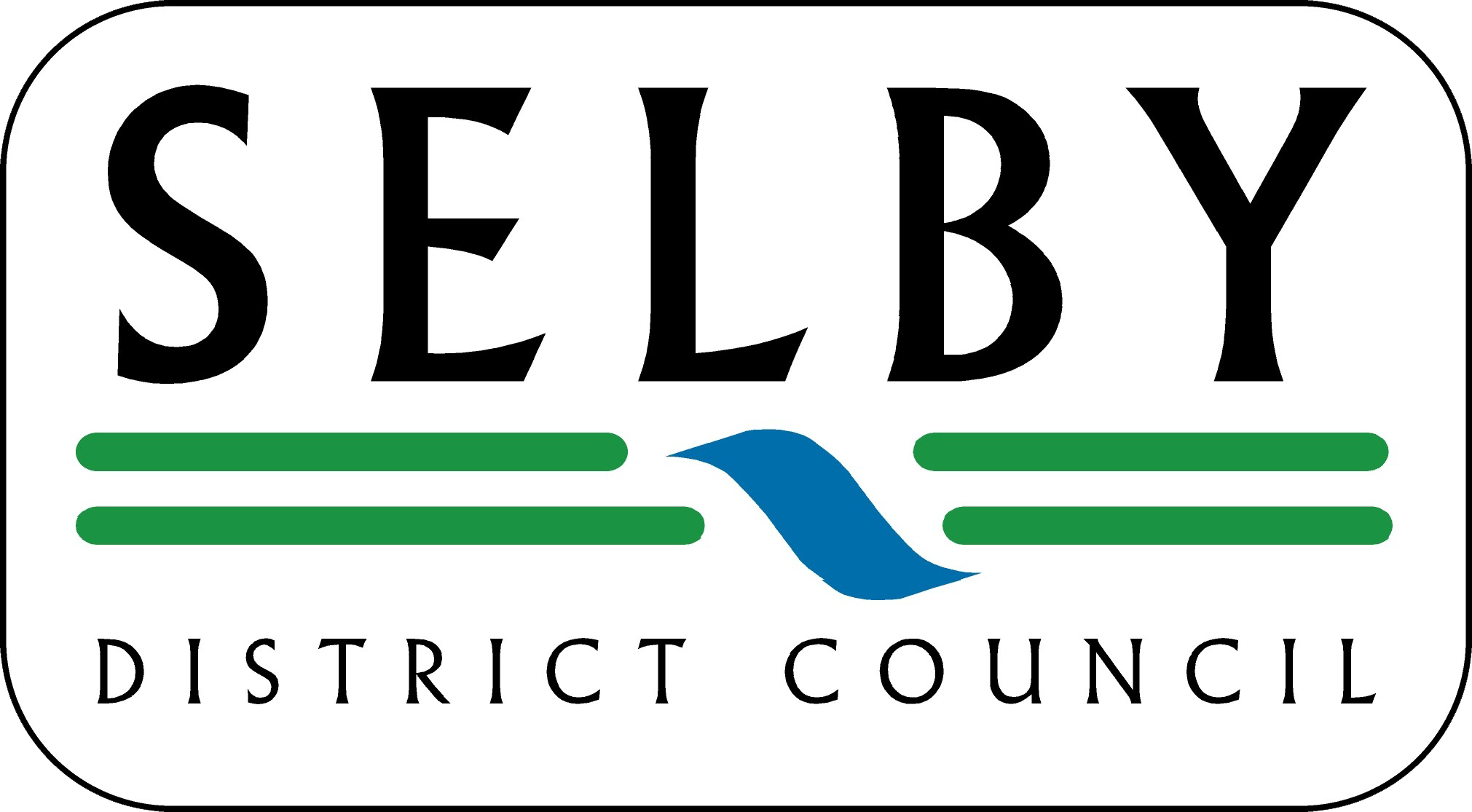Agenda item
Draft Revenue Budget and Capital Programme 2020-21 and Medium Term Financial Plan (PR/19/18)
To comment on the Draft Revenue Budget and Capital Programme 2020-21 and Medium Term Financial Plan.
Minutes:
The Committee received the report of the Council’s Chief Finance Officer which gave the Policy Review Committee the opportunity to comment on the Draft Revenue Budget and Capital Programme 2020-21 and Medium Term Financial Plan. The consideration of the budget proposals by the Policy Review Committee formed part of the formal consultation process agreed by the Executive on 5 December 2019, before the proposals were finalised for submission to full Council in February 2020.
The Chief Finance Officer explained that 2020/21 budgets forecasted a balanced budget after taking into account planned savings and reserve transfers. In 2020/21 it was proposed that £9.89m be transferred to the Special Projects Reserve to support delivery of the Council’s new Corporate Plan objectives. In accordance with the approved Medium Term Financial Strategy (MTFS), the allocation of these receipts would be subject to confirmation as part of the next MTFS refresh and budget for 2021/22 although indicatively, it was planned that these would be allocated to the Programme for Growth.
The Medium Term Financial Plan (3 year draft budget) showed an underlying gap between core spending and current assumed core funding, as a result of New Homes Bonus being phased out and the renewable energy business rates windfalls ceasing. Beyond 2020/21 the Council awaited the outcome of the Government’s Fair Funding Review, further consultation on the future of New Homes Bonus and reform of the Business Rates Retention System, to confirm the need for and level of future savings.
Whilst there was capacity in reserves to smooth the impact of savings, the on-going use of reserves to support the revenue budget was not a long term sustainable solution and therefore achievement of efficiency savings and additional income generation remained crucial, as plans for Business Rates and Council Tax growth were brought to fruition. The draft budget also included recurring revenue budget growth proposals, along with Capital Programme proposals for the General Fund and Housing Revenue Account (HRA) which were funded from reserves, external funding and borrowing, along with outline proposals for an extended Programme for Growth.
The Committee considered the report and asked a number of questions around savings targets, the support grant, changes to the Council recycling service, rent increases, the Programme for Growth, long term investment of funds in the District, CIL and S106 funds and repairs to play areas. Members also requested that a copy of the list of play areas covered by the capital programme bid be circulated after the meeting.
Members also discussed the impact of low carbon initiatives in the future, such as the feasibility of investment in green energy; it was noted that this sort of investment would depend on business cases put forward.
Some Members expressed concern regarding the proposed rise in Council Tax. Officers advised the protection of income streams such as Council Tax as the financial assistance from central government going forward was uncertain. It was also noted that going forward, savings were becoming harder to make as the Council did not have many discretionary services it could offer up.
Members also asked about potential future investment in a solar farm, and which departments in the Council would be involved; Officers explained there would be involvement from across the Council. A detailed and comprehensive business case would need to be brought forward before any investment was considered.
In response to a question from the Committee, Officers confirmed that the financial cost of not increasing Council Tax by the proposed £5 would be in the region of £160k.
The Committee also queried the extensions to existing posts in the Programme for Growth (P4G), as set out in Appendix E of the report. Officers explained that the Economic Development Team were developing the projects for P4G and were also being funded through it. Members noted that it was a separate funding stream and that the P4G work wasn’t capital projects; it was important to invest in the P4G work as it focused on growing the local economy, improving sustainability and investment, and encouraging the growth of the Council.
Some Members, including the Chair, felt strongly that instead of raising Council Tax, more comprehensive work should be undertaken to ensure that savings targets were met and delivered. The Labour Group and Yorkshire Party representatives on the Committee asked that it be made clear that they supported the proposed increase in Council Tax.
It was proposed and seconded that the Committee agreed with the 2020-21 draft budget proposals from the Executive, including the £5.00 increase in Council Tax for Band D property.
A vote was taken with four in favour, 2 abstentions and 1 against.
RESOLVED:
i. To endorse the Executive’s draft budget proposals for 2020-21, including the £5.00 increase in Council Tax which would take the average charge for a Band D property from £178.22 to £183.22.
ii. That a copy of the list of play areas covered by the capital programme bid be circulated to the Committee after the meeting.
Supporting documents:
-
Report: Draft Revenue Budget and Capital Programme 2020-21 and Medium Term Financial Plan, item 49.
 PDF 300 KB
PDF 300 KB -
Appendix (i): Executive Budget Report considered by Executive on 5 December 2019, item 49.
 PDF 498 KB
PDF 498 KB -
Appendix 2: Appendices A to F of the Executive Budget Report considered by Executive on 5 December 2019, item 49.
 PDF 346 KB
PDF 346 KB -
Appendix 3: Extract from the Minutes of the Executive – 5 December 2019, item 49.
 PDF 255 KB
PDF 255 KB
